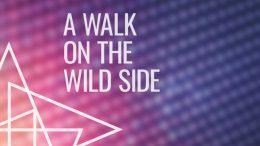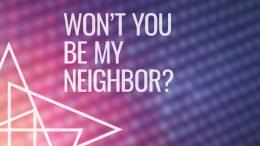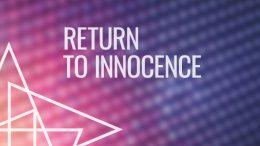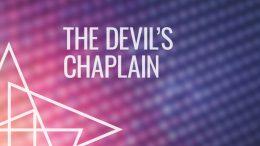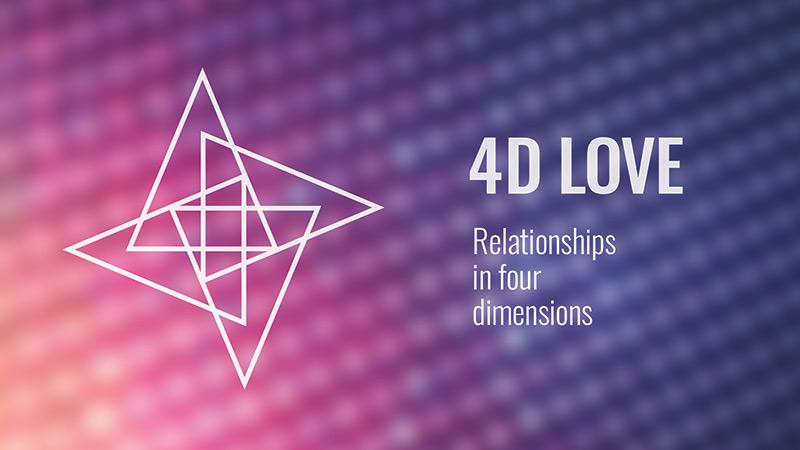
4D Love
Oct 25 2019 • Dan Kent, David Morrow, Greg Boyd, Kevin Callaghan, Shawna Boren
Length. Width. Depth. Time. These are the four dimensions mathematicians and physicists use to describe aspects of our world. In the relational world, we also operate in four dimensions: love for God, love for self, love for others and love for creation.
In this 6 week series we’ll explore four-dimensional love as a central vision of the Kingdom, using a psychological concept called attachment theory to help make sense of our own tendencies. And we will see that any hope we have of growing and walking in these four dimensions is entirely dependent upon a prior love – the radical love of God expressed most perfectly in the cross of Jesus.
Sermons in this series:
We are designed by God to love nature, not just to live in it. This is seen in the fact that God often meets us through nature, as such encounters encourage our souls and enliven our bodies. Therefore, in a world that has little room for nature, we must adopt tactics that will open us up to God through nature.
Topics: Creation,
Creation Care,
Love
God created us to live in love for others, however, we fall short of this reality. In this sermon, David explores three barriers to loving others: religion, political affiliations and hurry. Addressing these three barriers will not only change your experience of love with others, but also it will change how you love God.
Topics: Covenant,
Love,
Relationships
One of the four directions of love is to love yourself. But not the old self that you inherited from the world. Rather, we are to love the self that God meant us to be. So today we look back on the old self we were before, and we remember the new self we are now in Christ.
Topics: Identity in Christ
This weekend we continue our study of how attachment theory can be used as a descriptive tool for our connections in relationships with others as well as how we connect with God. How we have connected with others, both positively and negatively, is usually a good approximation for how we think of and connect with God. Some of this appears to be genetic, some a product of the nurture we received, and some a product of our own free will. In this message, we explore the role of free will in our development of healthy, secure connection as well as what healing looks like for someone who has formed unhealthy attachment mechanisms with themselves, others, and God.
Topics: Free Will,
Healing,
Love
In this sermon, Shawna sits down with Kevin as he explains, more in depth, Attachment Theory: How we experience love, and our relationships with God and others, through a pattern of attachment developed in us as a child. Understanding this can help us see both our natural tendencies in relationships, as well as areas in which we need to experience God’s healing.
Topics: Covenant,
Love,
Relationships
God is love, and our job is to receive and replicate that love. This means that it is crucial that we rightly perceive what God’s love actually looks like, something that some find challenging in the midst of creation that is overrun by violence. How then do we reconcile the nature of God’s love when nature itself seems to point to anything but love?
Topics: Kingdom of God,
Love,
Problem of Evil
